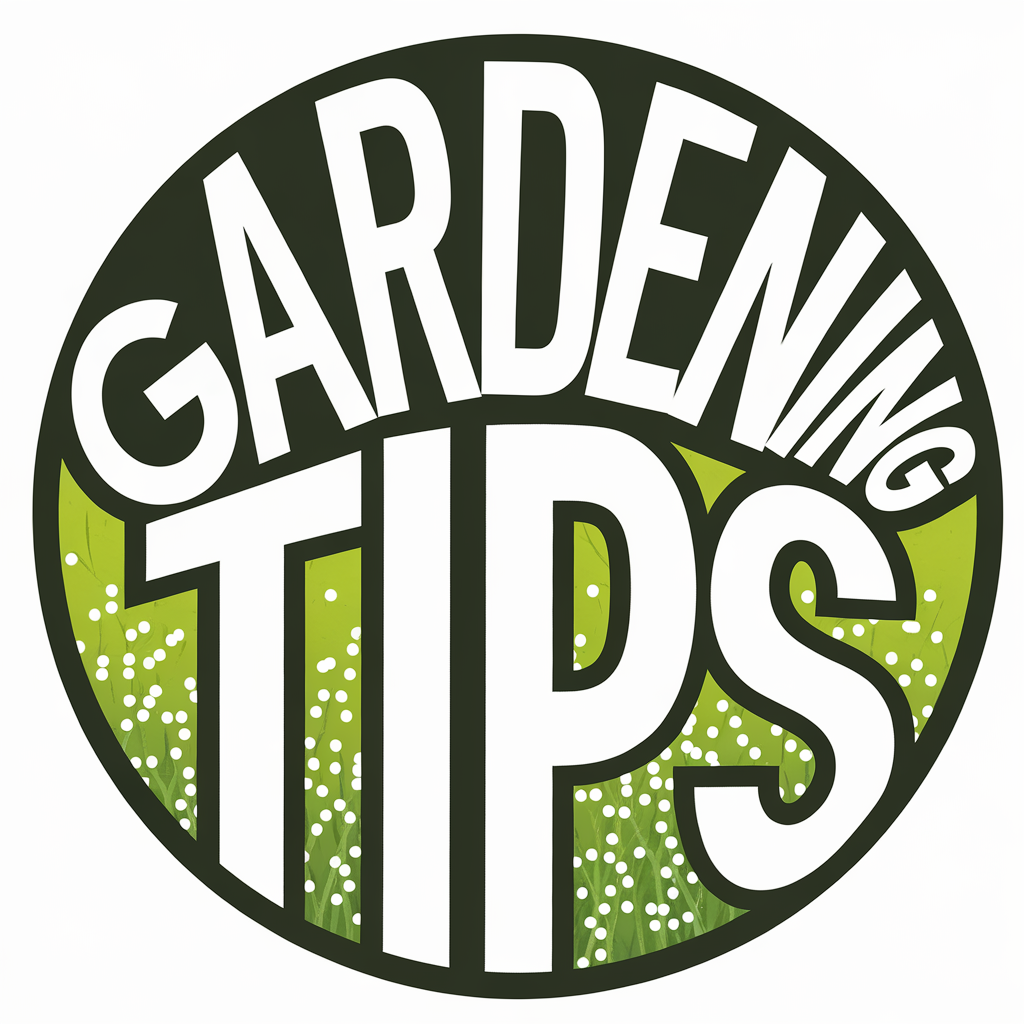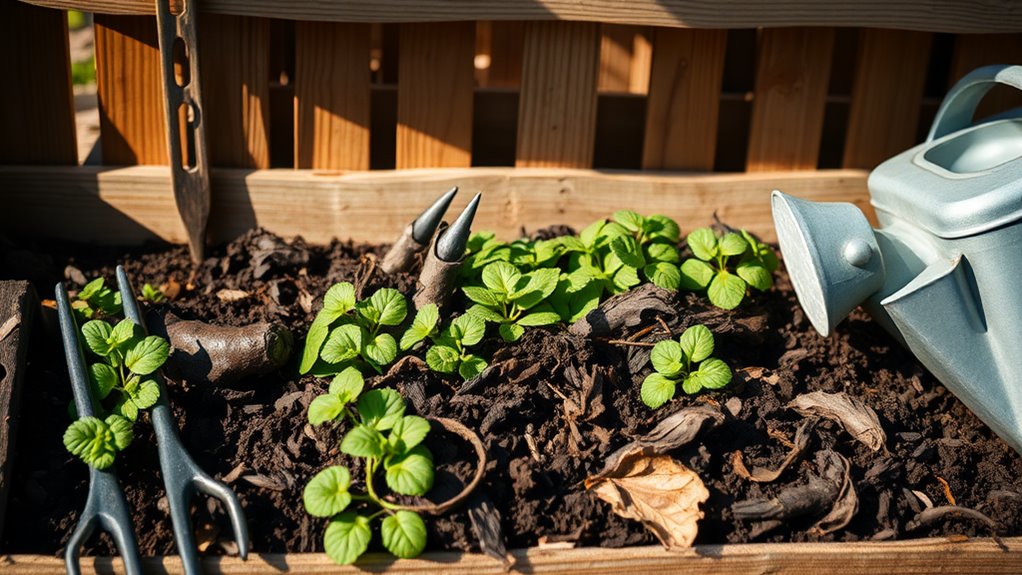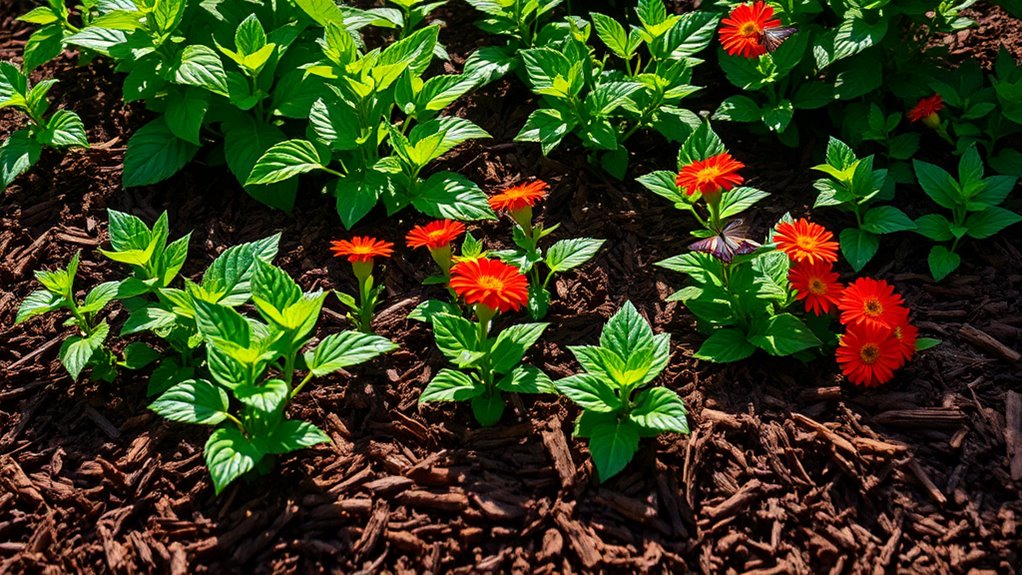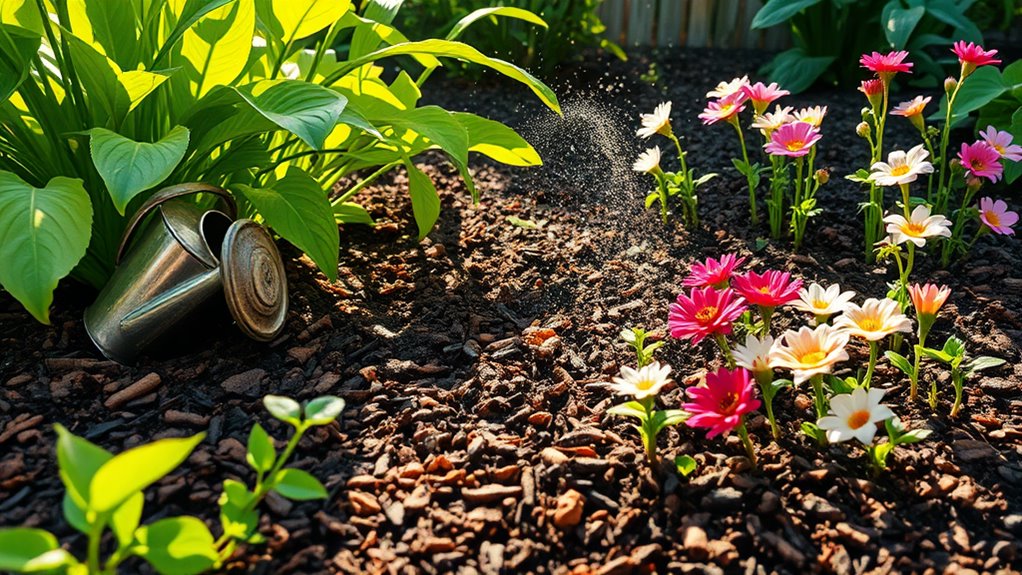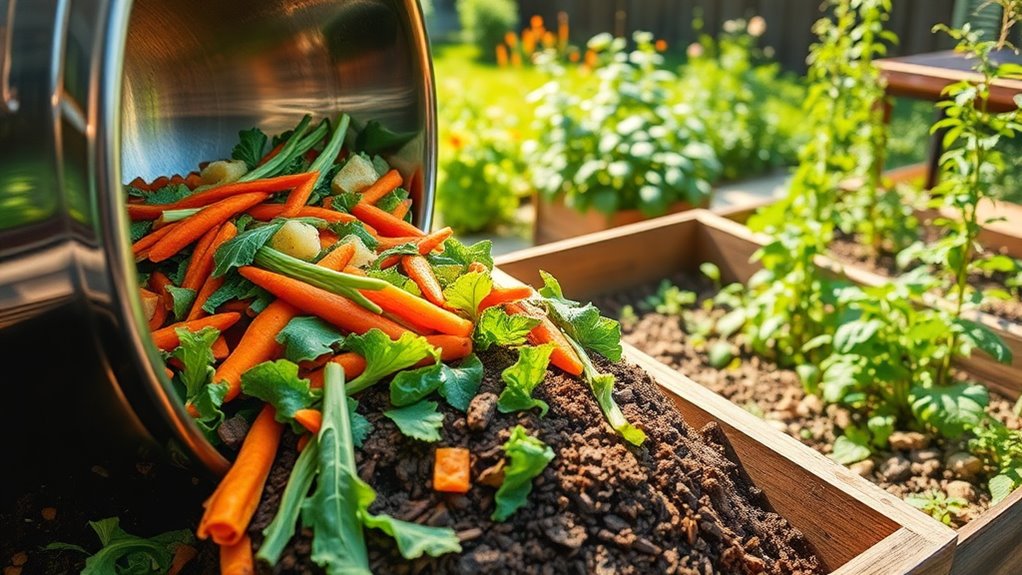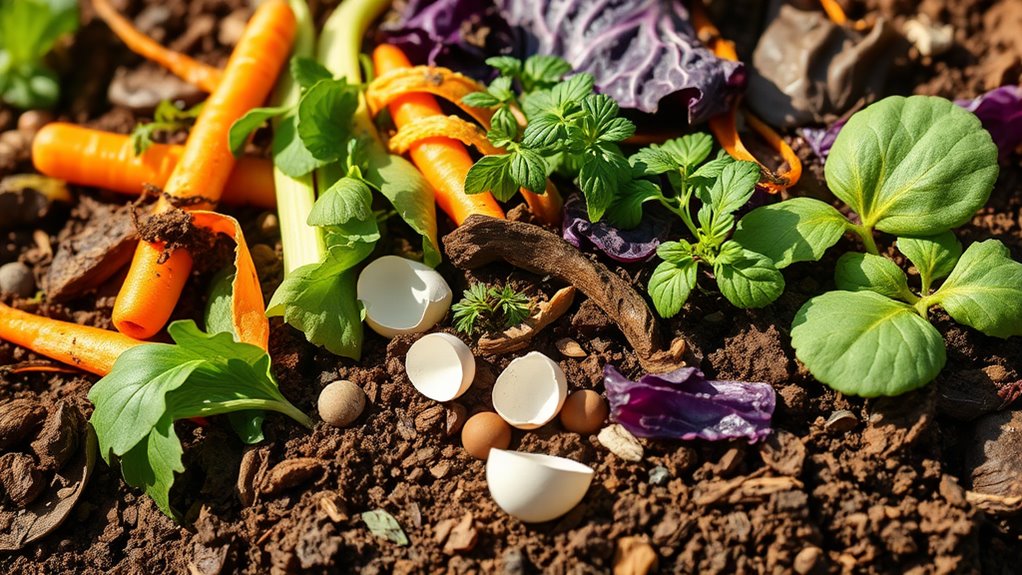This DIY Compost Bin Saved Me Money and Boosted My Soil
If you’ve ever considered composting, building your own DIY compost bin might be one of the best decisions you can make for your garden. Not only does it cut down on costs associated with fertilizers, but it also turns your kitchen scraps and yard waste into valuable nutrients for your soil. The benefits extend beyond just your wallet. Let’s explore how this simple project can transform your gardening experience and improve your soil quality dramatically.
The Benefits of Composting at Home
Composting at home not only reduces waste but also enriches your garden soil, creating a thriving environment for plants.
By setting up a homemade compost bin, you’ll recycle kitchen scraps and yard waste, turning them into valuable nutrients. This process not only benefits your garden but also cuts down on landfill contributions, leading to a healthier planet and a more sustainable lifestyle. Additionally, using everyday compost ingredients can transform your trash into nutrient-rich soil, fostering healthier plants and a more sustainable garden.
Materials Needed for a DIY Compost Bin
Creating your own compost bin doesn’t require fancy materials or expensive tools; in fact, you can often use things you already have at home.
Gather wooden pallets, wire mesh, or even a sturdy plastic container. You’ll also need a shovel, a pitchfork, and some kitchen scraps to get started. Starting with the right suitable materials can make your composting experience more effective and enjoyable.
With these basic materials, you can easily build an effective compost bin tailored to your needs.
Step-by-Step Guide to Building Your Compost Bin
Once you’ve gathered your materials, it’s time to build your compost bin.
Follow these steps to create a functional bin:
- Choose a suitable location with good drainage.
- Construct the bin frame using wood or pallets.
- Add wire mesh to keep critters out.
- Ensure proper ventilation by leaving gaps.
To enhance your composting process, consider incorporating simple ingredient swaps that can lead to richer soil. Get ready to turn your kitchen scraps into nutrient-rich compost!
Understanding What to Compost
Understanding what to compost is essential for creating a successful and efficient composting system, as the right balance of materials will help you achieve nutrient-rich compost faster. Include kitchen scraps, like fruit and vegetable peels, as well as yard waste, such as leaves and grass clippings. Avoid meat, dairy, and oils, which can attract pests and create odors. Stick to organic materials for best results. Additionally, incorporating essential tips for composting can further enhance the quality of your compost.
Tips for Maintaining Your Compost Bin
To keep your compost bin thriving, you’ll want to regularly monitor and maintain its conditions.
Here are some essential tips:
- Turn your compost every 2-3 weeks for aeration.
- Monitor moisture levels; it should be damp, not soggy.
- Add a mix of greens and browns for balance.
- Check for odors; if foul, mix in more carbon-rich materials.
Additionally, troubleshooting common problems can help you identify and resolve any issues that arise during the composting process.
Happy composting!
How Compost Improved My Soil Quality
Compost can transform your soil quality in remarkable ways.
By adding nutrient-rich compost to your garden, you enhance soil structure, promote better drainage, and increase moisture retention. This organic matter feeds beneficial microbes, improving nutrient availability for your plants. You’ll notice stronger root systems and healthier plants overall.
Plus, composting reduces your reliance on chemical fertilizers, making it a sustainable choice for soil health.
